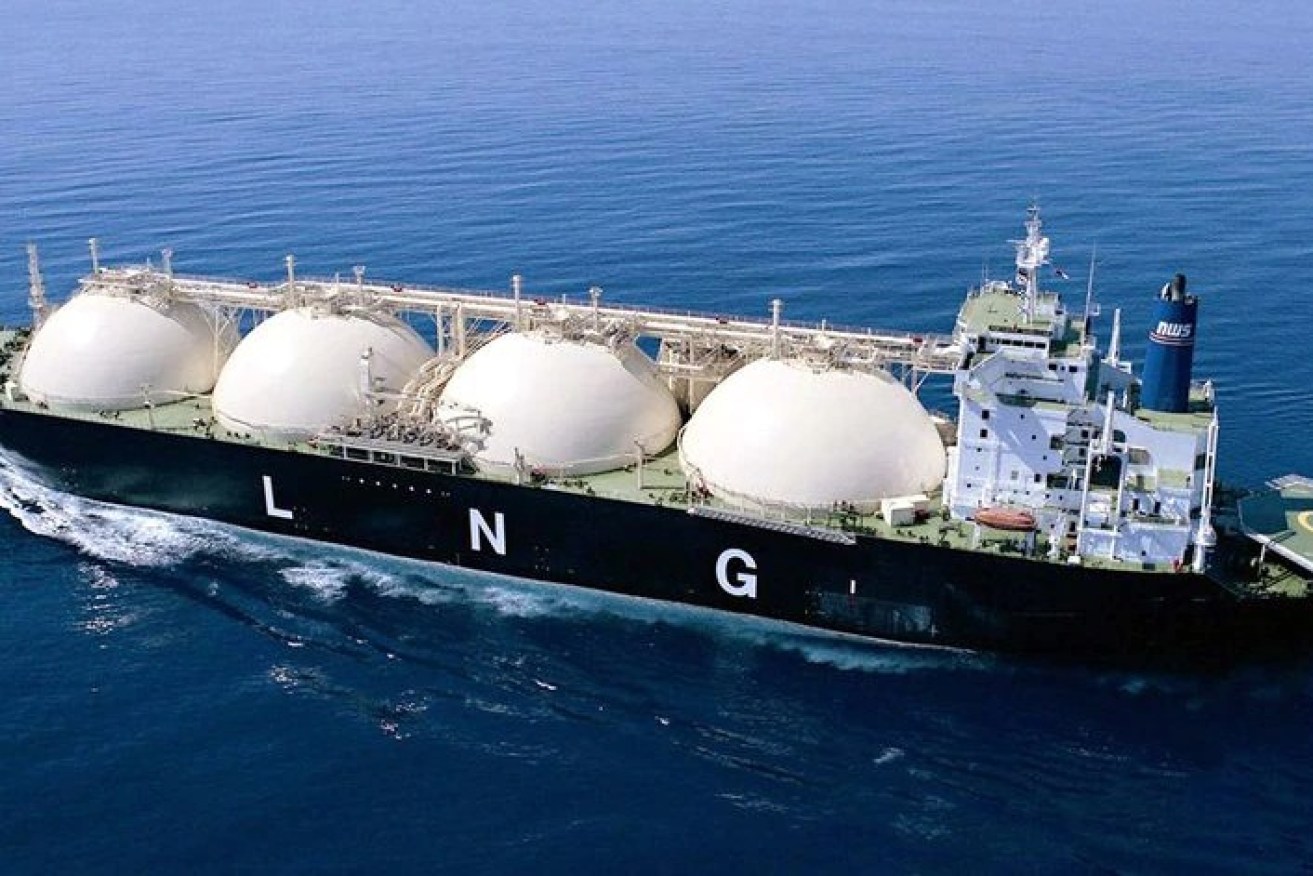Michael Pascoe: Mates rates, or how the Coalition sat on a $100-billion gas-tax rort


Australia, one of the world’s top five gas exporters, is a soft touch for well-connected 'Big Carbon'. Photo: AAP
An embarrassing State of the Environment Report wasn’t the only document the Coalition sat on before the election.
Try a Treasury expose of a Big Carbon tax rort worth scores of billions of dollars – and perhaps hundreds of billions.
‘Well, y’know, mates – spy on a developing country, hide a tax outrage, whatevs’.
So:
- Five years after the Callaghan Review reported on the Petroleum Resource Rent Tax (PRRT) joke
- Four years after the Coalition government’s response to that report asked Treasury to review Big Carbon’s gas transfer pricing swifty
- Two years after Treasury’s review was supposed to be completed but never seen …
Treasury officials are now “briefing the new government on a number of matters, including the PRRT gas transfer price review”.
Presumably, the previous government had been briefed on it but did not like what it heard.
This briefing is taking place at a time when Big Carbon’s social licence is looking extremely provisional: When the multinational gas giants are creaming windfall profits they could never have imagined on the Australian gas they are exporting and paying very little tax on it.
It’s happening while Labor remains too scared of the ‘tax’ word to do the obvious thing – apply a windfall profits tax, the way the British Conservative Party has. (And don’t forget Scott Morrison himself set the precedent for such a windfall profits tax here when he hit up the big banks for an extra $6 billion – but he called it a “levy”.)
Closing the gas loophole
Ah, closing a tax loophole – that wouldn’t be a new tax, or even a levy. The Dutton opposition would have a hard time frightening the horses over that, given how ripped-off the Commonwealth has been by sweetheart deals with Big Carbon.
The money at stake is massive. Three years ago, the Australia Institute reckoned fixing the gas transfer pricing rort could increase Commonwealth revenue by $68 billion between 2027 and 2039, and $89 billion between 2023 and 2050.
And that was when gas was cheap.
Asian liquified natural gas (LNG) spot prices are now about three times what they were in 2019 – so pick whatever multiple of $89 billion you like – depending on how long you think Russian gas will have pariah status and how long it takes the world to wean itself off carbon.
LNG transfer pricing is a somewhat arcane tax matter. The 2019 Australia Institute report by Rod Campbell explains the fiddle for those with the patience, but the bottom line is obvious and has been for years:
Australia, one of the world’s top five gas exporters, is a soft touch for well-connected Big Carbon, taxing it at much lower rates than the likes of Norway, Malaysia, Qatar or Saudi Arabia. And PRRT revenues had been declining – it was only $800 million last year, and that was after some loophole tightening.
When the previous government finally responded to the Callaghan Review after much “stakeholder” consultation (“Is that OK with you? You really don’t mind? Sure?”), the changes it instituted on non-transfer elements of the PRRT were forecast to raise $6 billion over 10 years – chicken feed compared with what it left alone.
A new model
The PRRT is one of the taxes The Greens proposed to “fix” before the election. Monash University senior lecturer in business law and taxation, Dr Diane Kraal, an expert on PRRT transfer pricing, has proposed a better solution: scrap the PRRT and levy a straight royalty at an appropriate rate instead.
Dr Kraal’s proposal comes from examining individual gas projects in detail since 2016, disclosing the billions of dollars in tax the government was losing.
An often overlooked point is that government royalties/taxes are how companies pay us (the Commonwealth) for our resources they subsequently sell.
Easily duchessed and diddled governments have been poor custodians of our resources, resulting in Australians paying top price for gas that was theirs in the first place without the ticker to institute a windfall tax.
One of the measures from this week’s breakthrough meeting of federal and state energy ministers is for the Australian Energy Market Operator to be enabled to buy gas on the open market and store it for emergency use.
That sounds better than Angus Taylor’s emergency oil supplies stored on America’s east coast, but nobody seemed to blink about us paying the full inflated price for gas that was ours and for which we have been poorly remunerated.
Treasury’s briefing of the new government on the PRRT rort will be interesting, as will its outcome.
Don’t underestimate ‘Big Carbon’
A series of headlines in recent days suggest the Treasury mandarins might be enjoying the fresh air of the Morrison government’s dead hand being lifted.
But the ability of Big Carbon to influence any government should not be underestimated.
New ministers and their new advisers can be threatened with dire consequences while being promised desirable outcomes. It’s not unknown for regulators to be captured.
Good heavens! Alinta, not wanting to waste a good crisis, is already claiming we need to keep burning brown coal – the very dirtiest of our fuels – in the medium term.
Self-interest is a powerful motivator.








